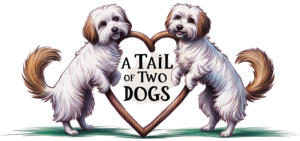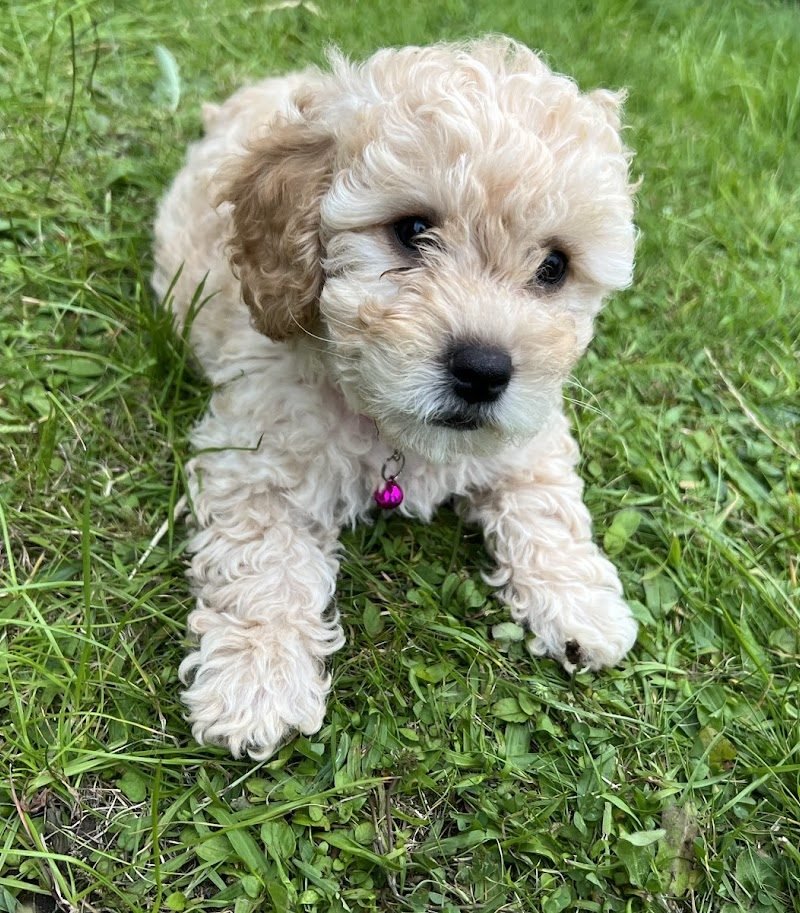When a litter of puppies reaches their third week of life, it marks an exciting period of growth and development for the little ones and the mother dog. This is a critical time that requires proper care and attention to ensure both the puppies and their mum are healthy and thriving. In this comprehensive guide, we’ll explore the essentials of how to care for puppies and their mum in week three after birth.
Puppy Development in Week Three
At three weeks old, puppies begin to transition from being completely dependent on their mother to exploring the world around them. Their eyes and ears, which were closed at birth, are now open, allowing them to respond to visual and auditory stimuli. This period also marks the start of teething as their tiny milk teeth begin to emerge. Puppies become more mobile, attempting to stand and take their first wobbly steps. Understanding these developmental milestones is key to providing the right care during this critical week.
Feeding Puppies at Week Three
During the third week, the puppies are still nursing and rely heavily on their mother’s milk for nutrition. However, as their digestive systems mature, you can introduce small amounts of puppy milk replacer to help supplement their diet. Be sure to use a high-quality formula designed specifically for puppies, as it contains the essential nutrients they need for proper growth. Offer the milk replacer in shallow dishes to help the puppies learn how to lap it up. It’s important to avoid rushing the weaning process; this week is primarily about introducing the idea of eating outside of nursing.
Supporting the Mother Dog’s Nutrition
The mother dog’s nutritional needs remain elevated during this time, as she continues to nurse her litter. Providing her with a high-calorie, nutrient-dense diet designed for lactating dogs is essential. Ensure she has access to fresh water at all times, as hydration is critical for milk production. You may notice that the mum is starting to spend less time with her puppies as they grow more independent, but she will still require extra calories to support nursing. Monitor her body condition closely and consult your veterinarian if you have concerns about her weight or health.
Socializing and Stimulating Puppies
Week three is a great time to begin gently handling the puppies to promote socialization. Regular, gentle handling helps them become accustomed to human interaction, which is crucial for their long-term social development. When picking up and holding the puppies, make sure your hands are clean, and handle them with care to avoid causing stress. You can also introduce soft toys and textured objects to their environment to stimulate their senses and encourage exploration. Remember that their immune systems are still developing, so limit exposure to outside environments and unfamiliar animals.
Creating a Safe and Comfortable Environment
As puppies become more active, they’ll need a safe, clean, and comfortable space to move around. The whelping box should still be their primary home during this time, but you can expand their play area slightly to accommodate their growing curiosity. Line the area with washable blankets or puppy pads to maintain cleanliness. Check the temperature regularly to ensure the space remains warm but not overly hot, as puppies cannot regulate their body temperature effectively. A temperature of around 75–80°F (24–27°C) is ideal.
Monitoring Health and Well-Being
Keeping a close eye on the health of the puppies and their mum is essential during week three. Puppies should be gaining weight steadily, and their bellies should appear round and full after nursing. Weigh the puppies daily to track their progress and look out for signs of illness, such as lethargy, diarrhoea, or difficulty breathing. The mother dog should also be monitored for any signs of mastitis, such as redness, swelling, or discomfort in her mammary glands. If you notice any concerning symptoms in the puppies or the mother, contact your veterinarian promptly for guidance.
Cleaning and Hygiene
Maintaining a clean environment is crucial for preventing infections and ensuring the health of the puppies and their mum. Change the bedding in the whelping area daily and clean any soiled areas immediately. Puppies may begin to urinate and defecate on their own during this time, so be prepared to clean up more frequently. The mother dog will still assist with grooming and cleaning her puppies, but her involvement will gradually decrease as the puppies become more independent.
Introducing New Sounds and Sights
This is the ideal time to expose the puppies to new sounds and sights in a controlled and gentle manner. The goal is to help them develop confidence and reduce the likelihood of fear-based reactions later in life. Soft music, the sound of a vacuum cleaner, or even the gentle hum of household appliances can help them become accustomed to everyday noises. Keep the exposure brief and positive, ensuring that the puppies are not overwhelmed.
Encouraging Physical Activity
As the puppies grow stronger, they’ll begin to play with their littermates, practicing key skills like biting, chasing, and pouncing. This playtime is essential for their physical and social development. Provide a safe and spacious area where they can interact and exercise under supervision. Allow the mother dog to join in the play if she shows interest, but always ensure she has a separate space to retreat to if she needs a break.
Preparing for Veterinary Visits
Week three is a good time to start planning the puppies’ first veterinary visit, which typically occurs around six to eight weeks of age. During this initial visit, the puppies will receive a general health check, deworming, and their first set of vaccinations. It’s important to communicate with your veterinarian about the specific needs of your litter and the timing of their vaccinations and treatments.
Supporting the Mum’s Rest and Recovery
The mother dog’s role during the first few weeks after birth is demanding, so providing her with plenty of opportunities to rest is essential. While she’ll still be nursing and grooming her puppies, she may also begin to spend more time away from them to recuperate. Create a quiet, comfortable space for her where she can relax without interruption. Continue to offer her affection and reassurance, as she may be adjusting to her puppies’ increasing independence.
Common Challenges in Week Three
While week three is an exciting time, it can also present challenges. Some common issues include puppies who struggle to gain weight, signs of illness in the litter, or a mother dog who seems overly stressed or unwell. It’s important to address these concerns promptly with the help of your veterinarian. Additionally, be prepared for increased cleanup and the need for constant supervision as the puppies become more active and curious.
The Importance of Routine
Establishing a consistent routine for feeding, cleaning, and socializing is key to the successful care of puppies and their mum. Puppies thrive on predictability, and a structured routine helps them feel secure. It also ensures that their needs, as well as the mother’s, are met consistently.
Some Final Thoughts
Caring for puppies and their mum in week three after birth requires patience, attention to detail, and a lot of love. By focusing on proper nutrition, hygiene, socialization, and health monitoring, you can set the stage for the puppies’ continued growth and development. Remember to prioritize the well-being of the mother dog as she recovers from the demands of nursing and adjusts to her puppies’ increasing independence. With the right care and support, both the puppies and their mum will thrive during this critical stage of life.
See our previous post: How to Care for Mum and Puppies in Week Two: A Complete Guide.
Discover more from A Tail of Two Dogs
Subscribe to get the latest posts sent to your email.




Leave a Reply